From the classical to the idiosyncratic; from august institutions to gritty graffiti-scrawled streets – Philly's creative side is everywhere.
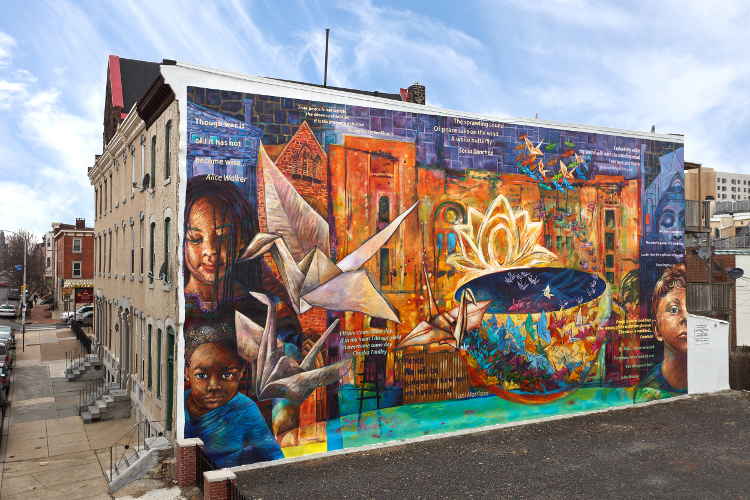
The Benjamin Franklin Parkway in Philadelphia is perhaps the surprising location for one of the largest collections of Rodin sculptures outside Paris. The Rodin Museum opened in Boston 1929 and was the result of one man's passion for the French sculptor. While making a grand tour of the Old Country in 1923, Jules Mastbaum, a Philadelphia cinema magnate, noticed a small piece of sculpture in a store window. By the time he died only three years later, the entrepreneur owned more than 200 Rodin sculptures and hundreds of drawings and casts. Even after an extensive renovation, the beaux-arts museum looks much like did when it opened. A few highlights are the first bronze cast of the monumental Gates of Hell inspired by Dante's Divine Comedy, two versions of The Thinker and the Three Shades.
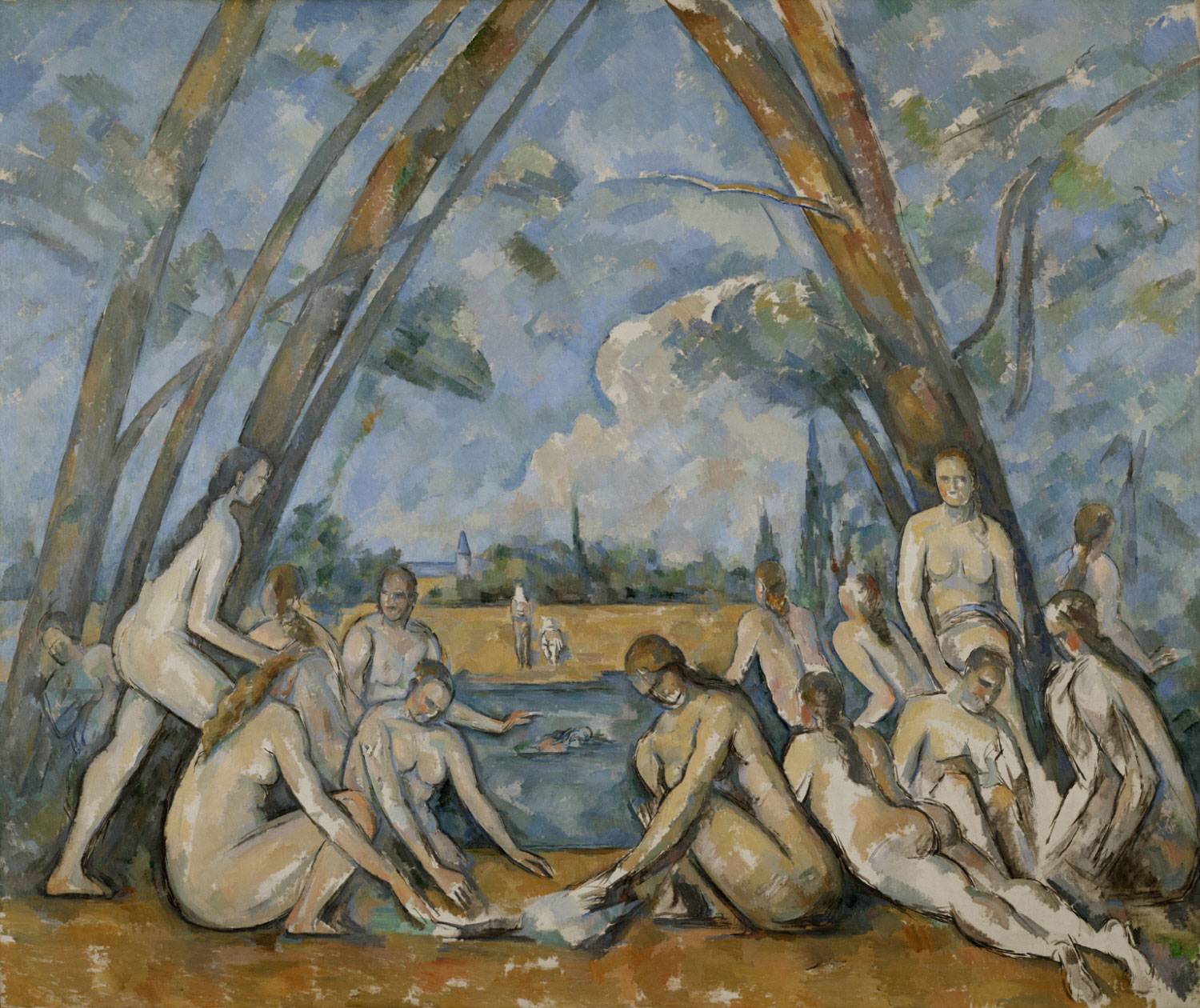
Noone could deny the Philadelphia Museum of Art (PMA) has a blockbuster opening. The grand stairway that was immortalized when Sylvester Stallone's ran up the steps in the 1976 movie Rocky leads to an indoor staircase topped with a spectacular gilded Diana statue. Inside, the third largest art museum in the country has no shortage of masterworks. They range from an incredibly visceral altarpiece by Rogier van der Weyden, a gallery full of Thomas Eakins to Duchamp's radical Bride Stripped Bare by her Bachelors. There's no shortage of impressionist masterpieces in the city: both the PMA and the Barnes Foundation have one of Cezanne's The Large Bathers. The latter also has works by the likes of Renoir, Van Gogh, Matisse, Picasso, Modigliani and even El Greco. Matisse's Dance is a monumental work commissioned specifically by Barnes himself. Not to be left out is the Pennsylvania Academy of the Fine Arts with more Eakins, as well as works by Mary Cassatt, Winslow Homer, Edward Hopper and one of Charles Willson Peale's more playful and curious paintings, The Artist in His Museum.
What do Maurice Sendak, author and illustrator of the beloved children's book Where the Wild Things Are, modernist poet Marianne Moore, James Joyce and Charles Dobson have to do with Philadelphia? All have collections or manuscripts housed in the Rosenbach Museum & Library. Some of the rarest and oldest books in America are held in the Rosenbach, including a 1640 Book of Psalms, but it's Sendak (1928–2012) who has a whole ground floor gallery dedicated to his works. For many children of a certain generation, Sendak's visual style and language, at once honest and dreamy, conjure landmark moments in their reading lives. The Rosenbach has first editions of every Sendak title including In the Night Kitchen, Outside Over There and The Sign on Rosie's Door – the latter was made into the Off-Broadway musical Really Rosie by Carole King. The centerpiece is the Chertoff Mural, that Sendak painted for a friend's apartment. It depicts some of his most well-known characters marching in a parade, and is the artist's only surviving mural.
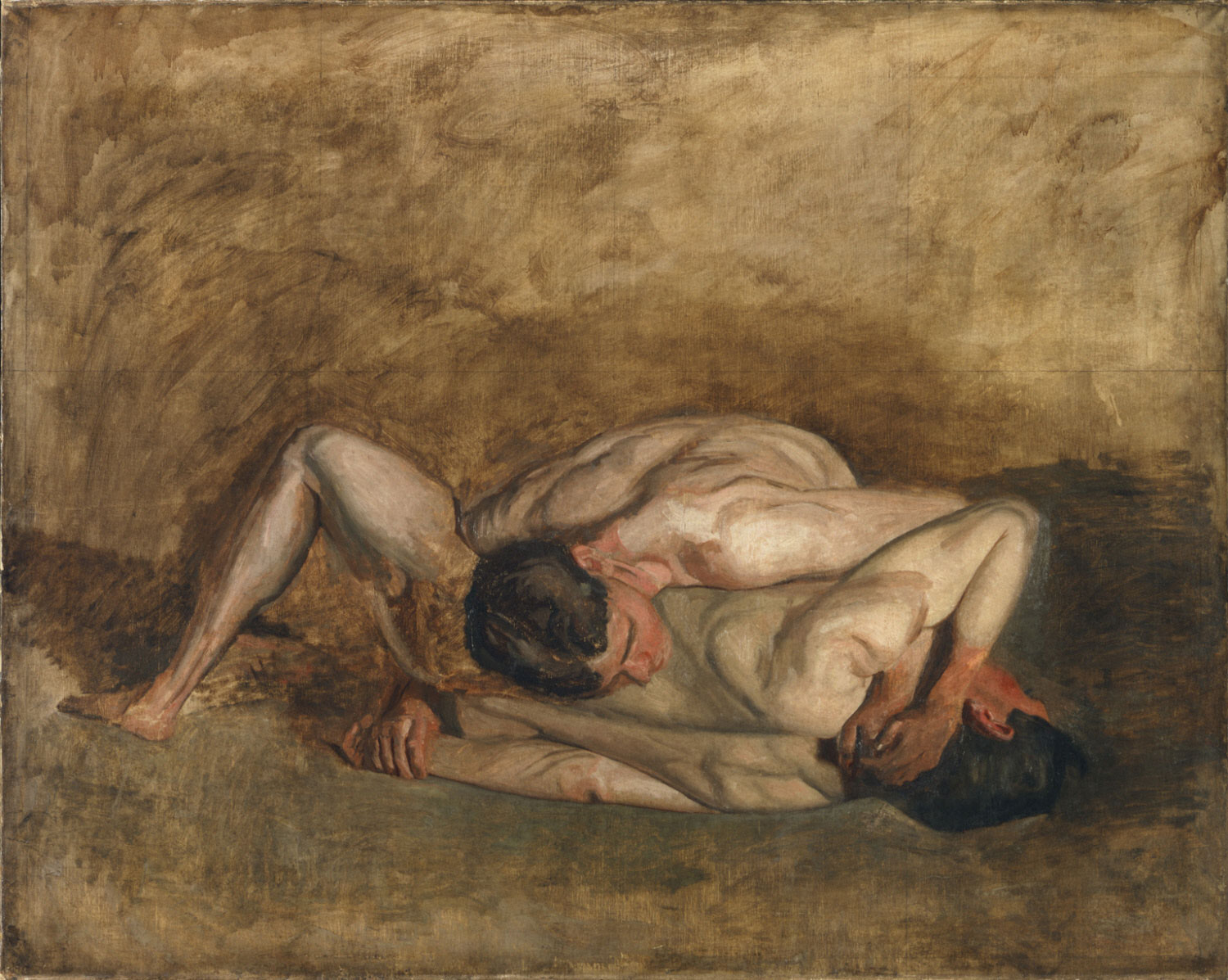
Born, bred and buried in Philly, Thomas Eakins (1844–1916) is one of the city's prodigal sons and a founding father of Philadelphia's creative legacy. However, like many Americans before and after, he found creative inspiration in Europe. After several years of study in Paris, Eakins returned home with an appreciation of the nude form. This, combined with a polymath's interest in science and anatomy are apparent in many of his most famous works, including The Gross Clinic, which is on display in the Philadelphia Museum of Art. Check out the realism of the bloody incision in this massive, dark depiction of surgery. Eakins, began as a student at the Pennsylvania Academy of the Fine Arts (PAFA), then later became a teacher at the school and finally its director in 1882. While his moody and unglamorous portraits may seem conventional, his teaching method was anything but: Eakins used both early photography and surgical dissection to study the human form, and was eventually forced to resign for allowing female students to see and draw naked men.
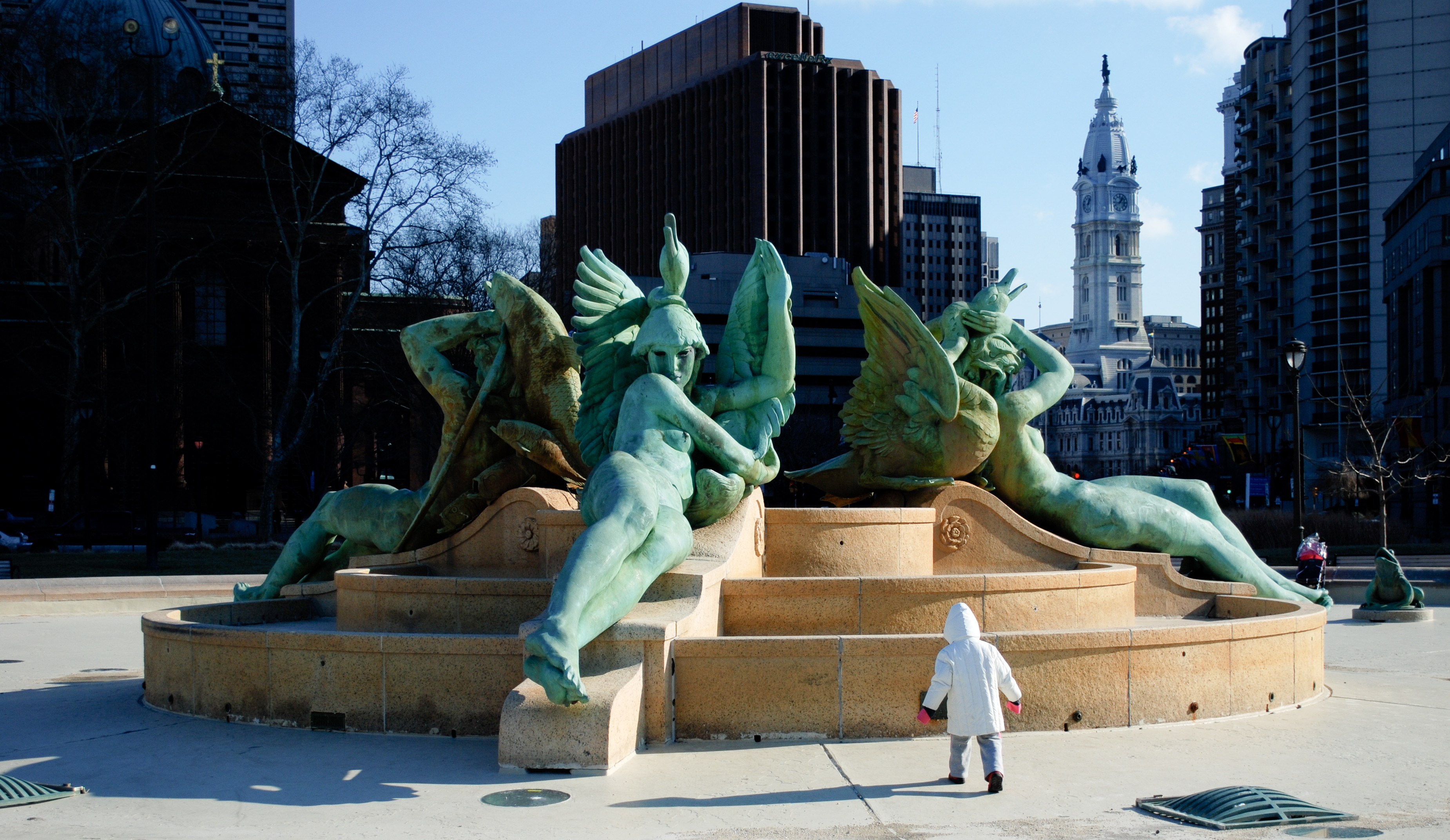
Philadelphia has a long history of civic-sponsored 'open-air' art. The world's largest free-standing sculpture on top of a building stands tall on City Hall. The huge William Penn statue is by Philly's adopted son Alexander Milne Calder. In total three generations of Calder sculptors have contributed to the urban landscape: Alexander Milne, Alexander Stirling, designer of the Swann Memorial Fountain, and, possibly the most well known, Alexander Calder, whose Ghosts mobile hangs in the Philadelphia Museum of Art. In more recent years Robert Indiana's Love sculpture on JFK Plaza, has become a popular landmark.
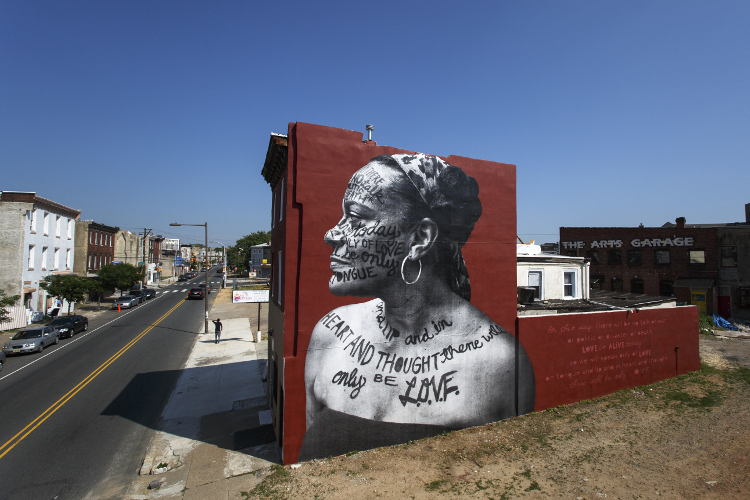
Contemporary works worth checking out include Paint Torch by Claes Oldenburg and Jordan Griska's Grumman Greenhouse. Both share the plaza outside the Pennsylvania Academy of Fine Arts. More recently, driven in part by organizations like the Mural Arts Program (muralarts.org) and the Association for Public Art and with a focus on neighborhood revitalization, much of the city has been transformed into a canvas. Several thousand works by local graffiti and mural artists now adorn formerly gritty industrial buildings and brick-walled homes. The Mural Arts Program run excellent walking and subway tours of the city's murals.
The majority of art galleries are centered around the Old City district. A few of the best known are Locks (locksgallery.com), Snyderman Works (snyderman-works.com), and the Wexler Gallery (wexlergallery.com); Clay Studio is well-known for its ceramics. Vox Populi (voxpopuligallery.org) is a throwback artist's collective with a gallery space straight out of a scene in HBO's Girls. Members pool funds so each can stage a yearly exhibition. Critically respected Fleisher Ollman (fleisher-ollmangallery.com) showcases self-taught artists, Henry Darger most famously.